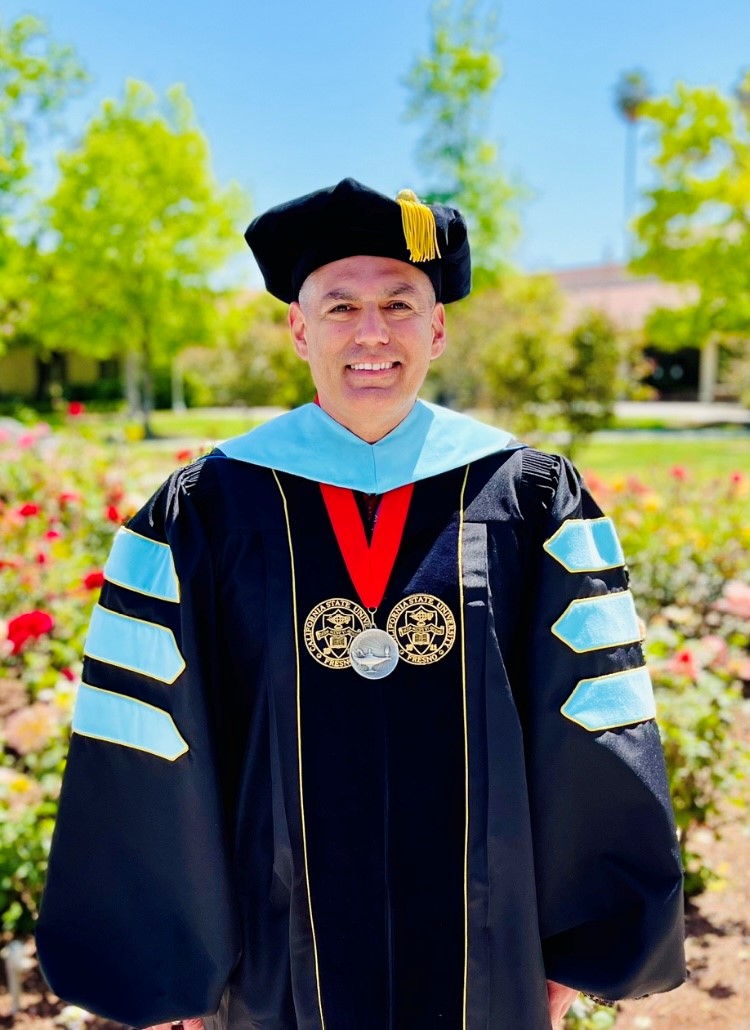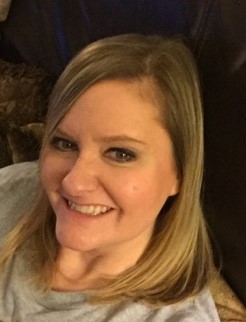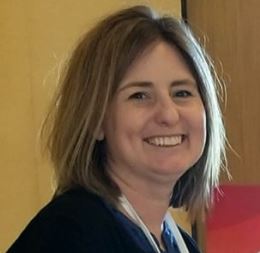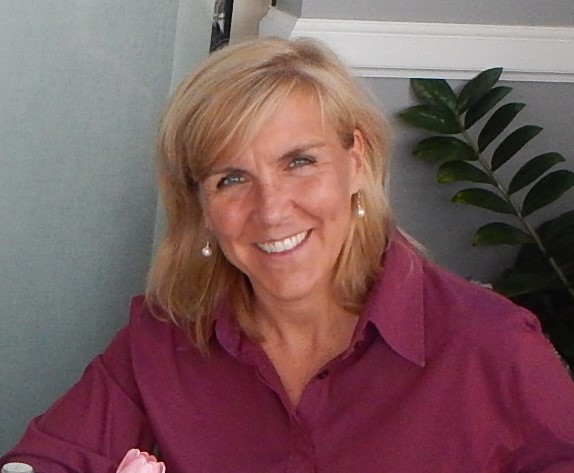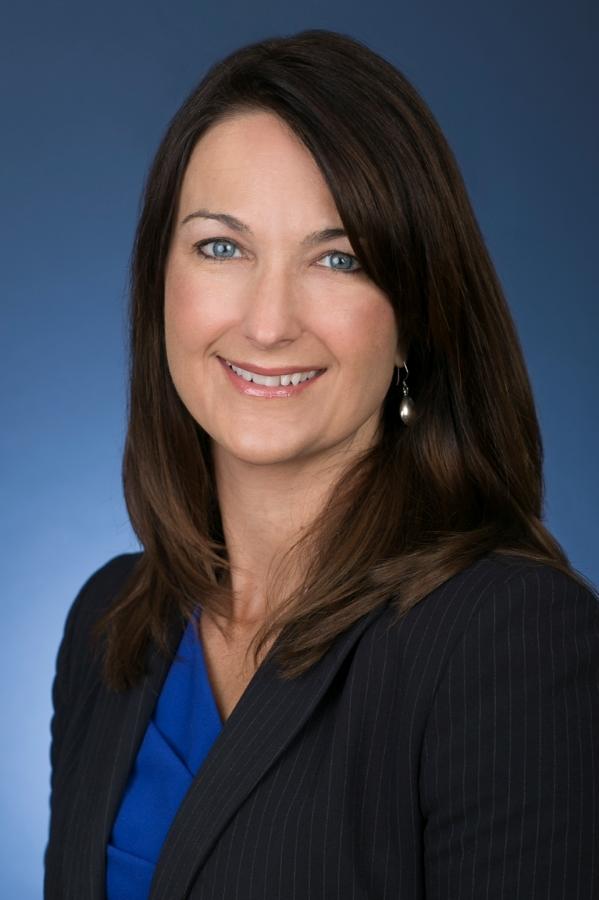The Change AgentsCPED graduates are agents of change who persistently work to make things better.Dr. Hank Gutierrez "My wife Lisa suggested that I take the leap of faith (and time commitment) into pursuing my EdD. Once I knew I had her support, it was a process to convince myself that I could meet the rigor of coursework. Once I realized that I could research and find answers for student success, the commitment was easy." EdD Degree
Current Position: Deputy Superintendent at the Office of the Fresno County Superintendent of Schools About Hank Hank heads up two initiatives that look to increase diversity in the teaching field. In partnership with Fresno State's Kremen School of Education, California Teaching Fellows, and four rural districts, he launched the first-ever "Rural Teacher Residency Program" to ensure that diverse and highly qualified teachers are prepared to serve our most marginalized student populations. Upon completion (2 semesters), the residents will be hired to teach in the communities where they attended school. In addition, he secured funding for Fresno County's first-ever African American Teacher Pipeline. In a comprehensive K-16 collaborative, teachers and site administrators will be supported with professional development in culturally responsive pedagogy. As students progress through the educational system, they will be immersed in leadership opportunities and ultimately placed in a cohort model in ninth grade, completing high school with an Associate of Arts degree in a teacher pathway. Gaining a better understanding of the different frames of leadership through his EdD program has had the biggest impact on his professional practice. Specifically, his dissertation research illuminated the specific aspects of culturally responsive leadership and the components that lead to a lens of equity. His dissertation in practice has created partnerships with local districts, the County Office of Education, and Fresno State's Kremen School of Education. Due to the outcomes of his dissertation, these partners are now able to plan professional development and culturally responsive initiatives that ensure equity. Advice for Prospective EdD Students The best advice I could give a prospective EdD student is to pursue your passion from day one. Every article you read and every book that is assigned could be an integral piece to your dissertation - if you remain focused on your targeted research. At first if you are not quite sure about your prospective research topic, always keep a lens of equity in mind.
Dr. Leslie Richard
My EdD program taught me how to transform my wondering about problems of practice into valuable action research. The theoretical frameworks and methodology of action research that I studied gave "legs" to the problems I had previously noticed but struggled to address in a structured or meaningful way. Thanks to my degree I feel inspired and equipped to tackle the challenges of my school setting and to help meet the needs of a diverse student population. EdD Degree
Current Position: English Teacher & English Department Chairperson About Leslie Leslie began her EdD program to gain the professional growth needed to pursue the next phase of her career. She aims to purse either a curriculum coordinator's position or become a teacher educator helping pre-service teachers prepare to enter the classroom. Leslie’s program taught her how to transform her wondering about problems of practice into valuable action research. The theoretical frameworks and methodology of action research she studied gave "legs" to the problems she had previously noticed but struggled to address in a structured or meaningful way. Thanks to her program, she feels inspired and equipped to tackle the challenges of her school setting and meet the needs of a diverse student population. Since graduation, Leslie has connected with other EdD students facing similar problems of practice. She believes these collaborative efforts will allow [EdD graduates] to not only influence one another as educators, but to also positively influence one another's schools and school districts. Advice for Prospective EdD Students It is tempting to view an EdD merely as an opportunity for a salary increase. While the paycheck factor is real and certainly matters, the true value of an EdD cannot be quantified. I once thought about graduating my program as an end to something, but in the short two months since I defended my dissertation, I have already come to see the completion of my EdD as the beginning of a journey. I would advise prospective EdD students to view the program as a key that unlocks the door to untold opportunities--and to gather all the tools you can along the way to equip yourself for every one of those opportunities. Dr. Desiree Elizabeth LoScalzo
My EdD program gave me the content knowledge, confidence, and language to effectively advocate for change for my students and colleagues. AboutPre-Kindergarten Teacher in a Southwest Florida School District EdD Degree
Enhanced Skills
How the EdD Degree has Improved PracticeThis program has made me more passionate about using data and current research to drive my instruction. Advice for Prospective EdD StudentsKeep hope alive. No doubt, there were points in my EdD program that fell into despair. Keep pushing onward and find good people (Family, chair, committee, cohort, and so on) to surround yourself, when doubt settles in. Hope is alive. We just need to listen to her. Dr. Stacey Cole
I have always wanted to be a change agent in education and I needed a program that would push me in different ways than the ways I had been pushed in previous programs. About
EdD Degree
Enhanced Skills
How the EdD Degree has Improved PracticeThis program greatly impacted my professional practice but more importantly, it greatly impacted me as a human. This program enhanced my noticing skills. When I say that, I mean it enhanced my ability to take in the experience of others. The literature that we read in our program made me aware of the fact that what is ‘normal’ to me isn’t normal to everyone. The program brought me out of my box and made me recognize that while I have been working my entire career on becoming a reflective educator, there is still much more work to do. This program helped me see my students and families and the strengths they bring to our programs in our schools in lieu of seeing them as people that need to be given social capital in order to succeed in our schools and communities. I truly became an agent of change as I began to recognize that being a true advocate in education doesn’t mean helping others fit school but helping school become an organization that respects and honors a variety of gifts that students and families bring. The knowledge and skills I gained all revolve around this new thinking. I gained advocacy skills that include skills of helping others like me unpack what is working for some in schools vs what works for everyone. It also helped me to see think about what systems of support help students and what systems might be holding certain students down. Advice for Prospective EdD StudentsBeing a part of the CTTE cohort is absolutely one of the best decisions I have made in my educational journey. This degree has opened up possibilities in the field of education but more importantly, this program opened up my mind and exposed me to issues in education I had not yet explored. Dr. Karen Caldwell
With the applied learning in the program, I feel I gained invaluable experience, competence, and resources to address complex problems using the principles of the improvement science. About
Program
Enhanced Skills
How the EdD Degree has Improved PracticeThe DiP enabled me to infuse schema-building into English as a foreign language (EFL) content-based college education. EFL students are often underestimated because of their challenges with the language itself. My DiP forced me to understand factors and drivers of the problem that went well beyond student language deficits and instead look at epistemology and approaches to teaching and learning by both faculty and students in EFL higher education settings. Understanding the factors underlying the problem was fundamental to identifying an intervention – example-based learning – that meets faculty and students where they are and builds on their strengths. This was a refreshing was to look at the problem. Students responded favourably to the intervention, and demonstrated marked improvements in their performance and awareness of the processes involved with the target knowledge and skill – solving information problems. Once I am able to share details of the instructional approach (example-based learning), I hope that faculty will be able to benefit from the findings and the great potential in their own work. In my own teaching, I infuse findings from the improvement sciences, as well as from neurology and cognitive science in learning activities. I also try to emphasize the iterative, evidence-based processes of education development regardless of the scope and scale of the setting. This involves collaboration (e.g., through networked improvement communities) and a systems approach to both understanding and solving problems. Advice for Prospective EdD StudentsBecoming an EdD means transforming your thinking and approach to the important work of the improvement science. You will become a new hybrid professional – as both scholar and practitioner. Perhaps most importantly, you will mobilize knowledge, as you will deeply understand the systems and issues at play in both practical (applied) and research (theoretical) contexts. Information and learning needs to flow in all directions and in the 21st century, that means smashing the silos and forming cross disciplinary and multi-context networks. It’s a brave, new (and exciting!) world. Dr. Anna P. Nolin My EdD program has provided me with the tools needed to effectively conduct and analyze research into manageable and understandable ideas that have helped me to improve education for the students, while also providing practical application for our educational needs within our community. AboutAnna Nolin is Assistant Superintendent for Teaching, Learning and Innovation. Anna earned her EdD in Educational Administration in 2014 from Boston College. Through recommendation of her supervisor, and a desire to pursue career advancement in central administration, Anna chose to pursue an EdD degree. Her EdD degree has provided her with expanded knowledge of research and legal analysis, and enhanced communication and planning skills, all relevant assets to Anna in her newly promoted position as Assistant Superintendent for Teaching, Learning and Innovation. Advice for Prospective EdD StudentsAnna’s experience has given her a fresh look at the education field after having worked in it for the past twenty years. I found choosing a cohort model supported my needs as a working administrator in an academic/research setting. Dr. Trina PettitMy EdD program has provided me with the tools needed to effectively conduct and analyze research into manageable and understandable ideas that have helped me to improve education for the students, while also providing practical application for our educational needs within our community. AboutTrina Pettit is Coordinator of Alternative Programs & Transition Coordinator for Fairbury Public Schools. Trina earned her EdD in Educational Administration in 2020 from University of Nebraska - Lincoln. Out of a desire to continue her education and explore new opportunities to pursue teaching and educational leadership opportunities, Trina chose to pursue an EdD degree. Her EdD degree has provided her with a theoretical understanding of a variety of problems of practice within alternative education. Moreover, it has given her an avenue to connect with other practitioners who are motivated to implement resources and strategies to remedy these problems. Advice for Prospective EdD StudentsThe UNL CPED program invites you as a practitioner to actively engage in an opportunity to study, evaluate, and reflect upon the challenges and successes you face within your own particular field of education. As you begin this journey, take your time to have conversations with your peers and professors and be open to exploring a variety of challenges. Where you start isn’t where you will end, and that’s a good thing. Also, as you begin to explore your challenges, you also begin to problem-solve ways to overcome these. Understanding our problems should be the foundation for impacting the field of education. There is a lot of potential to make an impact and CPED provides the support system and the expertise to do so. As I said at my dissertation defense, “Be prepared to 100% do something that creates change!” |

